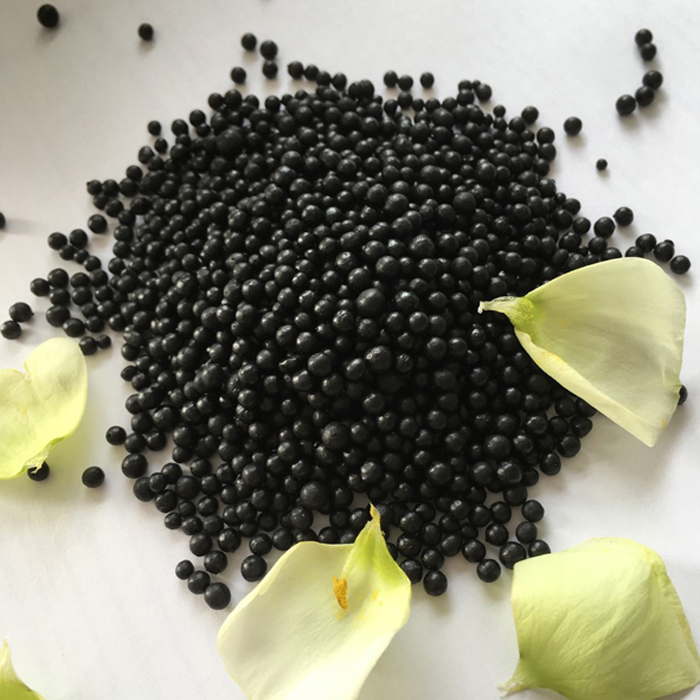
Ara . 03, 2024 14:01 Back to list
npk fertilizer with micronutrients
Understanding NPK Fertilizer with Micronutrients A Comprehensive Overview
In the world of agriculture, one of the most crucial aspects of ensuring healthy plant growth is the use of fertilizers. Among the various types of fertilizers available, NPK fertilizers with micronutrients play a pivotal role. Understanding what NPK fertilizers are, their composition, and the significance of micronutrients can greatly enhance crop production and soil health.
What is NPK Fertilizer?
NPK fertilizers are a combination of three essential nutrients Nitrogen (N), Phosphorus (P), and Potassium (K). Each nutrient serves a specific purpose in plant growth
1. Nitrogen (N) This element is vital for the growth of leaves and stems. Nitrogen is a primary component of chlorophyll, the compound that allows plants to photosynthesize. It also aids in the synthesis of amino acids, which are the building blocks of proteins.
2. Phosphorus (P) Phosphorus plays a critical role in the development of roots, flowers, and fruits. It is integral to the process of energy transfer within the plant, particularly in the formation of adenosine triphosphate (ATP), which is crucial for energy storage and transfer. Additionally, it contributes to the overall health and vigor of the plant.
3. Potassium (K) This nutrient is essential for overall plant health. It regulates various physiological processes, including water uptake, enzyme activation, and photosynthesis. Potassium enhances the plant's resistance to disease and improves its ability to withstand environmental stresses.
The Role of Micronutrients
While NPK fertilizers provide the primary nutrients necessary for growth, they often lack essential micronutrients. Micronutrients, although needed in smaller quantities, are equally vital for plant development. These include iron, manganese, zinc, copper, molybdenum, and boron. Each of these elements plays a specific role in plant physiology
npk fertilizer with micronutrients

- Iron Crucial for chlorophyll production and the overall photosynthetic process. - Manganese Involved in enzyme activation and the photosynthetic process. - Zinc Important for the synthesis of proteins and growth regulation. - Copper Plays a role in photosynthesis and respiration. - Molybdenum Essential for nitrogen fixation in legumes. - Boron Important for cell wall formation and reproductive growth.
Using NPK fertilizers with added micronutrients ensures that plants receive a balanced diet, fostering optimal growth and development.
Benefits of Using NPK Fertilizers with Micronutrients
1. Improved Crop Yields The combination of NPK and micronutrients supports robust plant health, which can lead to increased productivity and higher crop yields. Healthy plants are more resilient to pests and diseases, resulting in a better quality harvest.
2. Enhanced Soil Fertility Micronutrients contribute to soil health by promoting beneficial microbial activity. A diverse microbial ecosystem in the soil enhances nutrient availability and improves soil structure, which is crucial for water retention and drainage.
3. Balanced Nutrient Supply NPK fertilizers with micronutrients help in maintaining a balanced nutrient supply in the soil, preventing nutrient deficiencies that can hamper plant growth. This balance is critical for sustainable agricultural practices.
4. Reduced Environmental Impact By providing a well-rounded nutrient profile, NPK fertilizers with micronutrients can reduce the need for multiple products. This simplification of fertilizer application can minimize the risk of nutrient runoff into water bodies, promoting environmental sustainability.
Conclusion
In summary, NPK fertilizers enriched with micronutrients are essential tools for modern agriculture. They provide a comprehensive nutrient profile that supports plant health, enhances soil fertility, and boosts crop yields. As we continue to face the challenges of food security and sustainable agricultural practices, understanding and utilizing these fertilizers effectively will be key to achieving productive and environmentally responsible farming. By investing in NPK fertilizers with micronutrients, farmers can ensure healthier crops and contribute to a sustainable future for agriculture.
-
10 10 10 Fertilizer Organic—Balanced NPK for All Plants
NewsJul.30,2025
-
Premium 10 10 10 Fertilizer Organic for Balanced Plant Growth
NewsJul.29,2025
-
Premium 10 10 10 Fertilizer Organic for Balanced Plant Growth
NewsJul.29,2025
-
Premium 10 10 10 Fertilizer Organic for Balanced Plant Growth
NewsJul.29,2025
-
50 Pound Bags of 13-13-13 Fertilizer for All Plants – Bulk & Organic Options
NewsJul.28,2025
-
High-Efficiency 15-30-15 Granular Fertilizer for Healthy Crops
NewsJul.28,2025
